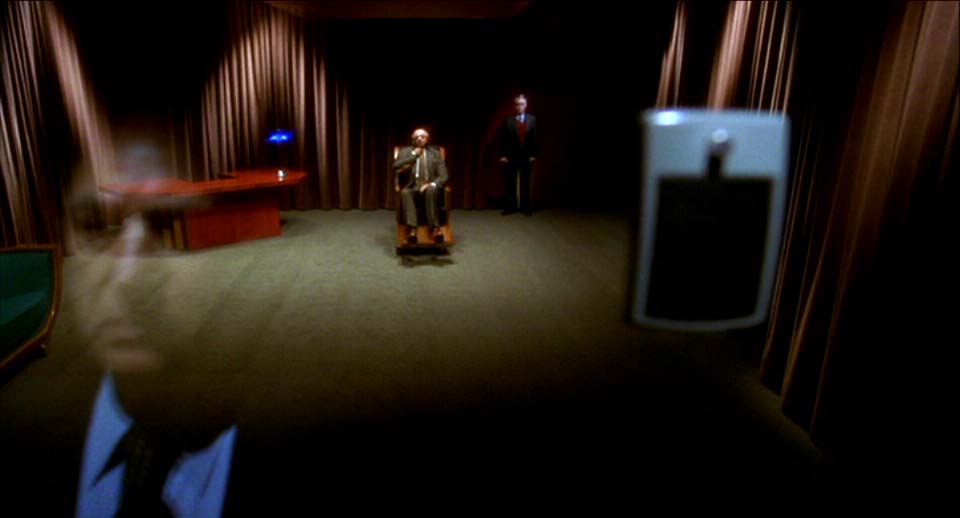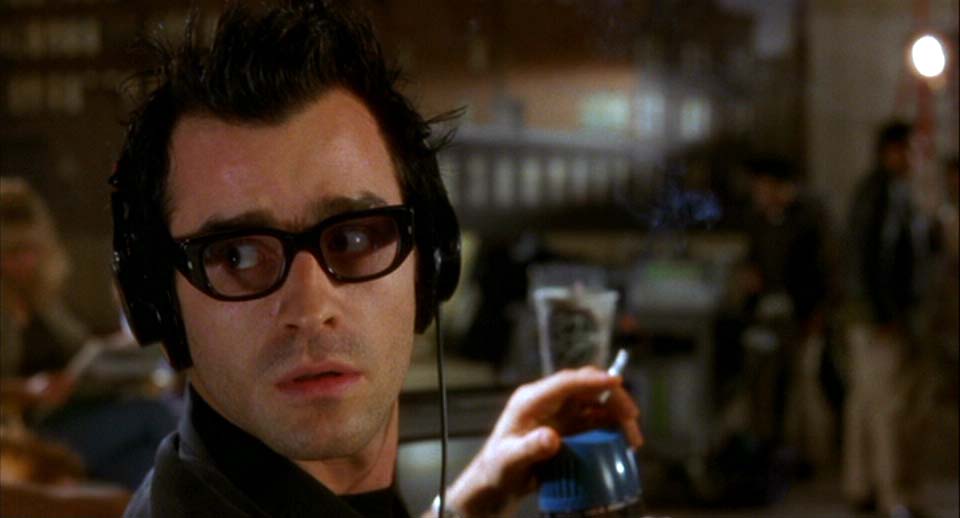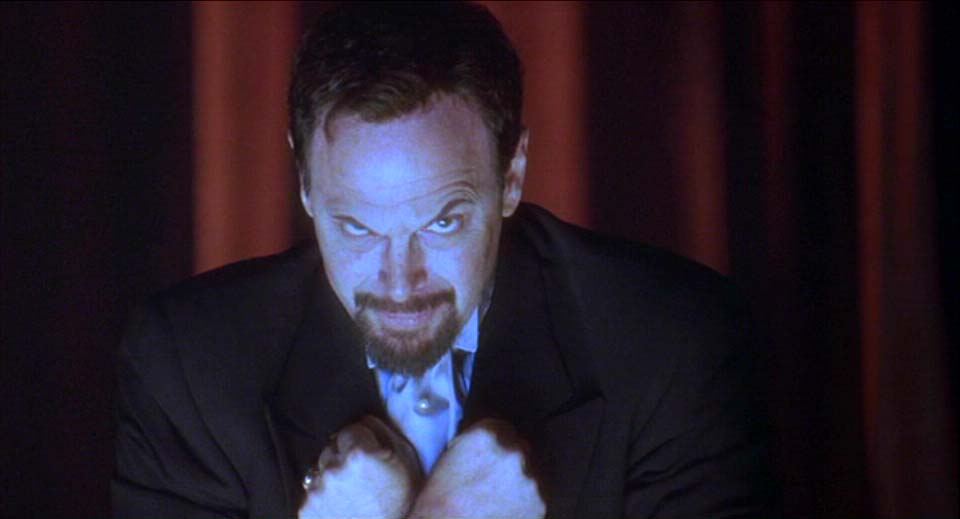Director Jonathan Lynn has a law degree from
Cambridge University, and lawyers have praised the accuracy of
My Cousin Vinny's depiction of courtroom procedure and trial strategy, with one stating that "[t]he movie is close to reality even in its details. Part of why the film has such staying power among lawyers is because, unlike, say,
A Few Good Men, everything that happens in the movie
could happen—and often
does happen—at trial". One legal textbook discusses the film in detail as an "entertaining [and] extremely helpful introduction to the art of presenting
expert witnesses at trial for both beginning experts and litigators"; furthermore, criminal defenders, law professors, and other lawyers use the film to demonstrate
voir dire,
relevance, and
cross examination.
Seventh Circuit Court of Appeals judge
Richard Posner praised
My Cousin Vinny as being:
particularly rich in practice tips: how a criminal defense lawyer must stand his ground against a hostile judge, even at the cost of exasperating the judge, because the lawyer's primary audience is the jury, not the judge; how cross-examination on peripheral matters can sow serious doubts about a witness's credibility; how props can be used effectively in cross-examination (the tape measure that demolishes one of the prosecution's eyewitnesses); how to voir dire, examine, and cross-examine expert witnesses; the importance of the
Brady doctrine ... how to dress for a trial; contrasting methods of conducting a jury trial; and more.
In "Ten Things Every Trial Lawyer Could Learn From Vincent La Guardia Gambini",
District of South Carolina judge
Joseph Fletcher Anderson Jr. praised Vinny's courtroom methods as "a textbook example" of
Irving Younger's "Ten Commandments of Cross-Examination", and wrote that the film predicted
Kumho Tire Co. v. Carmichael (1999)'s ruling on the
Daubert standard. He concluded that Lynn and scriptwriter
Dale Launer "have given our profession a wonderful teaching tool while producing a gem of a movie that gives the public at large renewed faith in the common law trial and the adversarial system as the best way to determine the truth and achieve justice". Chief Judge
Merrick Garland of the
U.S. Court of Appeals for the District of Columbia Circuit in a 2019 decision stated, "In 1992, Vincent Gambini taught a master class in cross-examination.", and further extensively quoted from a cross-examination scene in the film.
John Marshall Law School professor Alberto Bernabe wrote that "Vinny is terrible at the things we do teach in law school, but very good at the things we don't":
[How to] interview clients, to gather facts, to prepare a theory of a case, to negotiate, to know when to ask a question and when to remain quiet, to cross examine a witness forcefully (but with charm) in order to expose the weaknesses in their testimony
United States Supreme Court Justice
Antonin Scalia cited
My Cousin Vinny as an example of the principle that a client can choose his own lawyer, but
United States Senator John Kennedy told District Court nominee
Matthew S. Petersen that having seen the film did not qualify one to be a federal judge during a disastrous 2017 hearing when Petersen could not answer basic legal questions. The authors of
Reel Justice: The Courtroom Goes to the Movies (2006) gave the film its highest rating along with several films based on real trials, such as (redacted) and (redacted). In 2008 the
ABA Journal ranked the film #3 on its list of the "25 Greatest Legal Movies", and in 2010 ranked Pesci's character as #12 on its list of "The 25 Greatest Fictional Lawyers (Who Are Not (redacted))".
Lynn, an opponent of
capital punishment, believes that the film expresses an anti-death penalty message without "preaching to people", and demonstrates the unreliability of eyewitness testimony. Lawyers find the film appealing, according to the director, because "there aren't any bad guys", with the judge, prosecutor, and Vinny all seeking justice. Lynn stated that both he and Launer attempted to accurately depict the legal process in
Vinny, favorably comparing it to (redacted), for which he could not make what he believed were necessary changes.



















